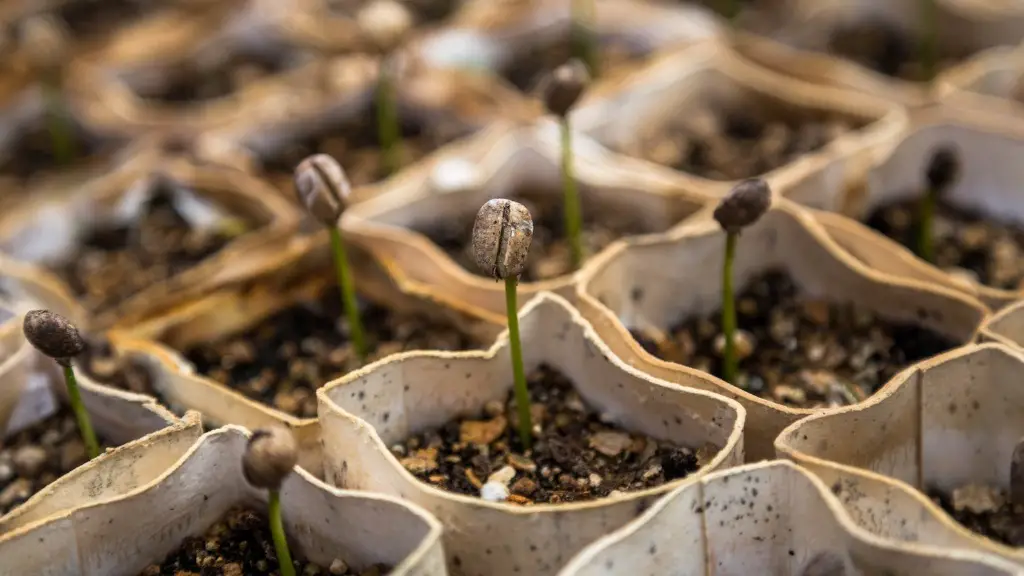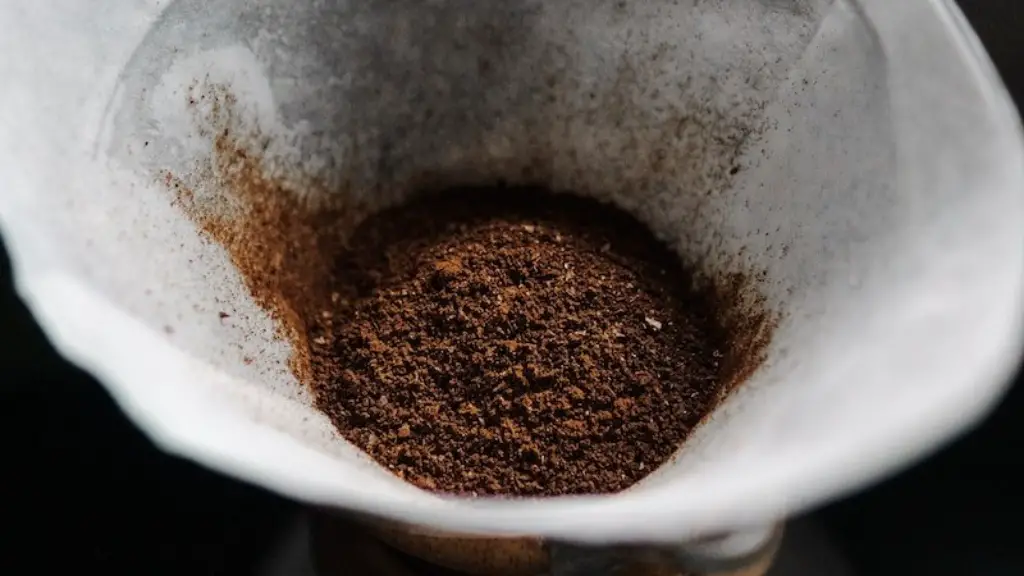Coffee is a widely consumed beverage, but is it safe to drink coffee when you have hemorrhoids? That depends on the severity of your case – consuming coffee in moderation is generally fine, but if your symptoms are severe it’s best to avoid it entirely. It’s always best to discuss this with your healthcare professional before making any decisions.
The Effects of Coffee on Hemorrhoids
Coffee is known to be a stimulant, which can have its advantages and disadvantages when it comes to hemorrhoids. Coffee tends to stimulate the digestive tract which can aggravate the symptoms of hemorrhoids, such as causing pain and discomfort. Caffeine can also make it harder for the mucous membranes in your rectum to heal, which can further aggravate your symptoms. On the plus side, coffee can also be beneficial as it contains antioxidants which can help reduce inflammation that occurs with hemorrhoids.
At the same time, it’s important to be aware that coffee is a diuretic, which can cause dehydration. Dehydration can cause your stools to become harder and dryer, leading to increased irritation and pressure on the hemorrhoids. This can make symptoms worse and even cause further damage.
Alternatives to Coffee
If you find that drinking coffee is making your hemorrhoids worse, there are other alternatives that you can try. Herbal teas are a great option, as they contain fewer stimulants than coffee and can help reduce inflammation. You could also opt for decaf coffee or a caffeine-free energy drink, although it’s important to be aware that these can still cause dehydration.
If you’re looking for a natural remedy for your hemorrhoids, there are many herbs that are known to provide relief from symptoms. Witch hazel, chamomile, goldenseal, and St. John’s Wort are all known to be effective in treating hemorrhoids. You can also make a compress using warm chamomile tea and apply it directly to the affected area to reduce swelling.
Tips to Relieve Hemorrhoid Symptoms Naturally
While coffee isn’t always the best option for those with hemorrhoids, there are several natural remedies that you can try to help manage your symptoms. Here are some tips that can help:
- Eat a nutritious diet that includes plenty of fiber, which can help to soften your stools and reduce straining.
- Stay hydrated by drinking at least 8 glasses of water per day.
- Take warm baths with Epsom salt to help reduce swelling and pain.
- Apply a cold compress to the affected area to reduce swelling.
- Use a donut-shaped pillow to relieve pressure when sitting or lying down.
- Avoid sitting or standing for long periods of time.
- Avoid any activities that could put pressure on your rectum, such as lifting heavy objects.
Lifestyle Changes to Help Manage Hemorrhoids
In addition to making lifestyle changes to help manage your symptoms, it’s also important to address any underlying causes of hemorrhoids. Obesity and sitting for long periods of time can both increase your risk of developing hemorrhoids, so it’s important to try to maintain a healthy weight and get regular exercise. Avoiding constipation is also key, as straining during a bowel movement can worsen symptoms. Be sure to also avoid any activities that could put pressure on the rectum, such as lifting heavy objects.
It’s also important to try to reduce stress, as this can make symptoms worse. You can try mindfulness practices such as yoga or meditation, or take some time to do something that you enjoy. Getting enough sleep is also important, as this can help reduce inflammation.
Seeking Professional Help
If you are experiencing any symptoms of hemorrhoids, such as rectal bleeding, it’s important to seek medical advice. Your doctor can provide advice on which lifestyle habits to change and may prescribe medications if necessary. They can also provide more specific advice regarding whether it’s safe for you to consume coffee.
In summary, it is generally safe to consume coffee in moderation if you have hemorrhoids, but it’s important to consider the severity of your symptoms and any underlying causes. If your symptoms are severe it’s best to avoid coffee as it can exacerbate your symptoms. Be sure to discuss this with your healthcare professional before making any decisions, and if your symptoms persist seek medical advice.
Making Dietary Changes
Making healthy dietary changes can help to ease hemorrhoid symptoms. Eating a balanced diet that includes plenty of fiber-rich fruits and vegetables, whole grains and lean proteins can help to promote regular bowel movements and reduce straining. Reducing sugar and processed foods can also help, as sugar can worsen inflammation. It’s also important to stay hydrated by drinking plenty of fluids, which can help to soften the stools and reduce straining.
It’s also important to reduce your intake of caffeine, as this can cause dehydration and make symptoms worse. If you find it difficult to give up coffee altogether, reducing your intake or switching to decaf is a good alternative. If you’re experiencing severe symptoms, it’s best to avoid coffee altogether until your symptoms improve.
Using Topical Treatments
Topical treatments are another option for treating hemorrhoids. Over-the-counter creams and ointments can help to reduce swelling and relieve pain. Witch hazel is a common ingredient found in many of these products, as it has natural astringent and anti-inflammatory properties. Creams containing hydrocortisone can also provide relief from itching and irritation.
If you’re using a cream or ointment, be sure to follow the instructions on the packaging, as overuse can lead to side effects. You should also be sure to clean the affected area before and after applying any creams or ointments.
Surgery as a Last Resort
In some cases, surgery may be necessary to treat hemorrhoids. Surgery is generally seen as a last resort, and it’s important to discuss the potential risks and benefits with your doctor. There are several types of surgery that can be used, including sclerotherapy in which a chemical is injected into the hemorrhoid, laser surgery in which a laser is used to shrink the hemorrhoid, or surgical removal of the hemorrhoid.
If you have severe hemorrhoids, it’s important to make lifestyle changes to help ease your symptoms, such as eating a healthy diet, exercising regularly, and avoiding any activities that put pressure on your rectum. If your symptoms persist, it’s best to seek professional advice.




